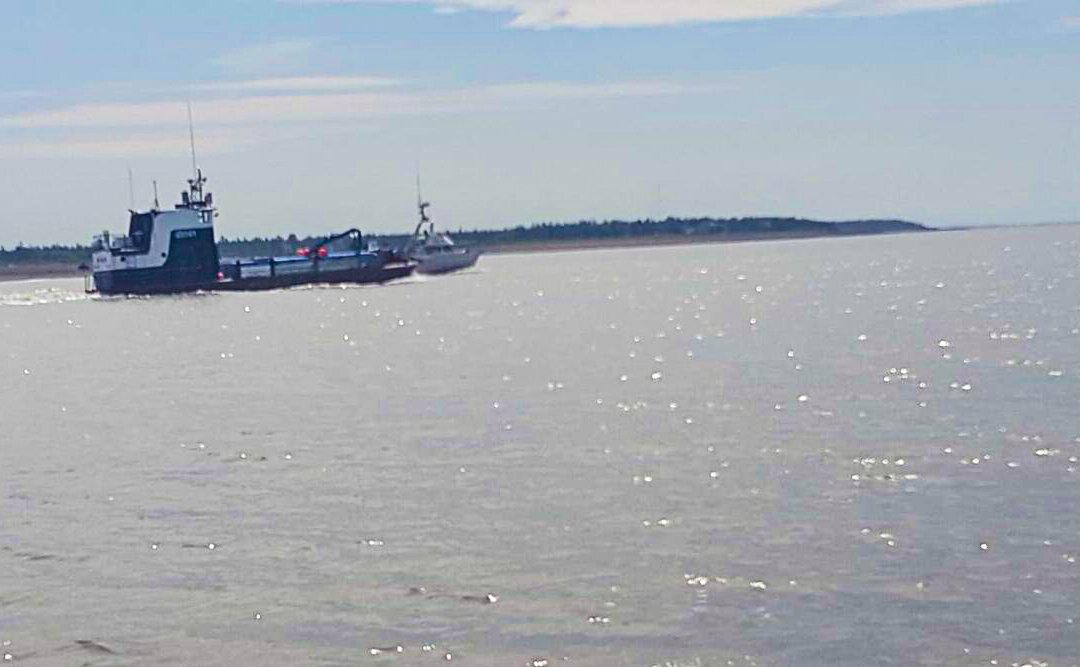Salmon fishermen are suing the Biden administration because an “unaccountable” federal fisheries board plans to shut down federal waters in Cook Inlet in Alaska, a move that will put them out of business.
The legal complaint in Humbyrd v. Raimondo was filed Nov. 9 in the U.S. District Court for the District of Alaska. Longtime salmon fishermen Wes Humbyrd, Robert Wolfe, and Dan Anderson are suing Gina Raimondo in her official capacity as secretary of the U.S. Department of Commerce.





